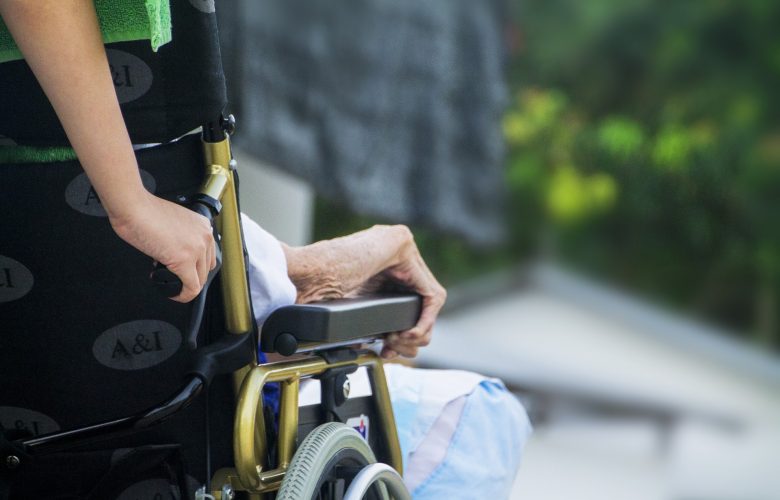Usually, when people hear the suggestion of hospice care for the first time, they show signs of anxiety and become frightened. The reason for this anxiousness is that they believe that their loved one will pass away sooner than their life expectancy since their curative treatment is stopped. This isn’t the only misconception that keeps people away from hospice care. There are all sorts of myths and misconceptions regarding hospice care believed by people.
These perceived barriers prevent people from accessing hospice care. In this post, we have discussed some of them. Continue reading to know more:
Hospice is a place/unit where patients go to die.
No, there is no truth in it. Hospice is not a place; it is a service or rather a combination of different services. It brings care to the patient’s home. Whether they stay in their residence or an assisted living facility, this care can be arranged there with the help of hospice experts.
In some instances, where managing this sort of care becomes a lot complex for the specialist, they may recommend shifting the patient to a specialized hospice unit for their comfort and convenience.
Hospice is just taking care of the patient.
No, it isn’t. There is much more to hospice other than caring for the patient who does not have long to live. There are a lot of professional services included in hospice care that comprises of routine and after-hours visits by certified specialists and nurses as well. They access the condition of the patient thoroughly and manage medical supplies and medicines accordingly, as the need arises. Furthermore, emergency medications are arranged by them so that in case of an emergency, the life of the patient can be saved.
Hospice care also includes visits by volunteers who spend time with patients and prepare them to face reality. In addition to that, they can also help the patient with light housekeeping and assist them with toileting, meal preparation, etc. Some hospice centers also offer different types of therapies to their patients to help them feel better.
Hospice is just a waste of money.
It is another significant barrier that doesn’t allow patients near the end of their life to obtain the benefits of hospice. Due to this reason, not many people get hospice care, and those who do, they get it in their final days of life; thus, it provides them with no significant benefit, and waste their money.
Hospice doesn’t cost much. Its charges are less than regular treatments, although it varies depending on the disease. In addition to that, most insurance companies provide coverage for hospice care. Thus, if you are getting this care from a provider/center that accepts insurance, you will be able to get it at far more reasonable rates.
Most patients anyway die in their homes. How is hospice different?
Many believe that most patients die in their own homes. Thus, there is no significant reason why one should opt for hospice care. While it is true, but the reason why hospice is essential because it improves the quality of life of the patient. Those who die in their homes spend their last few days/weeks in a rather miserable condition. The real benefit of hospice is that it helps them to feel better. They get to spend their last remaining time with their family in a pain-less, comfortable manner.
Moreover, there are slight chances that the condition of the patient might improve as well. Improvement happens when their pain is reduced, and they are no longer lonely. They tend to feel better about their health and condition.
Final Thoughts
There are plenty of benefits associated with hospice care. Although non-curative in nature, it helps a great deal to make the remaining living days of the patient better in numerous ways.
